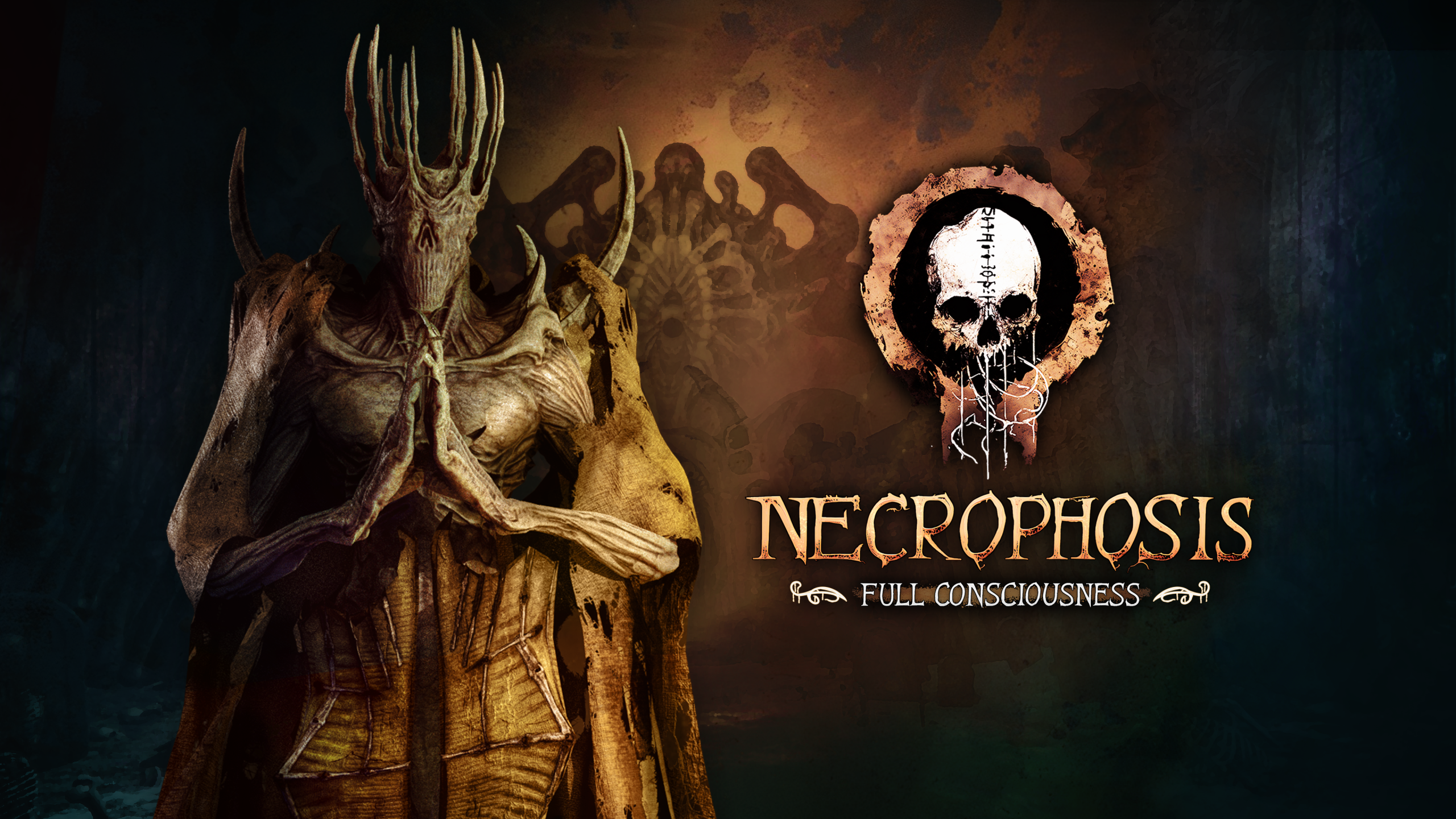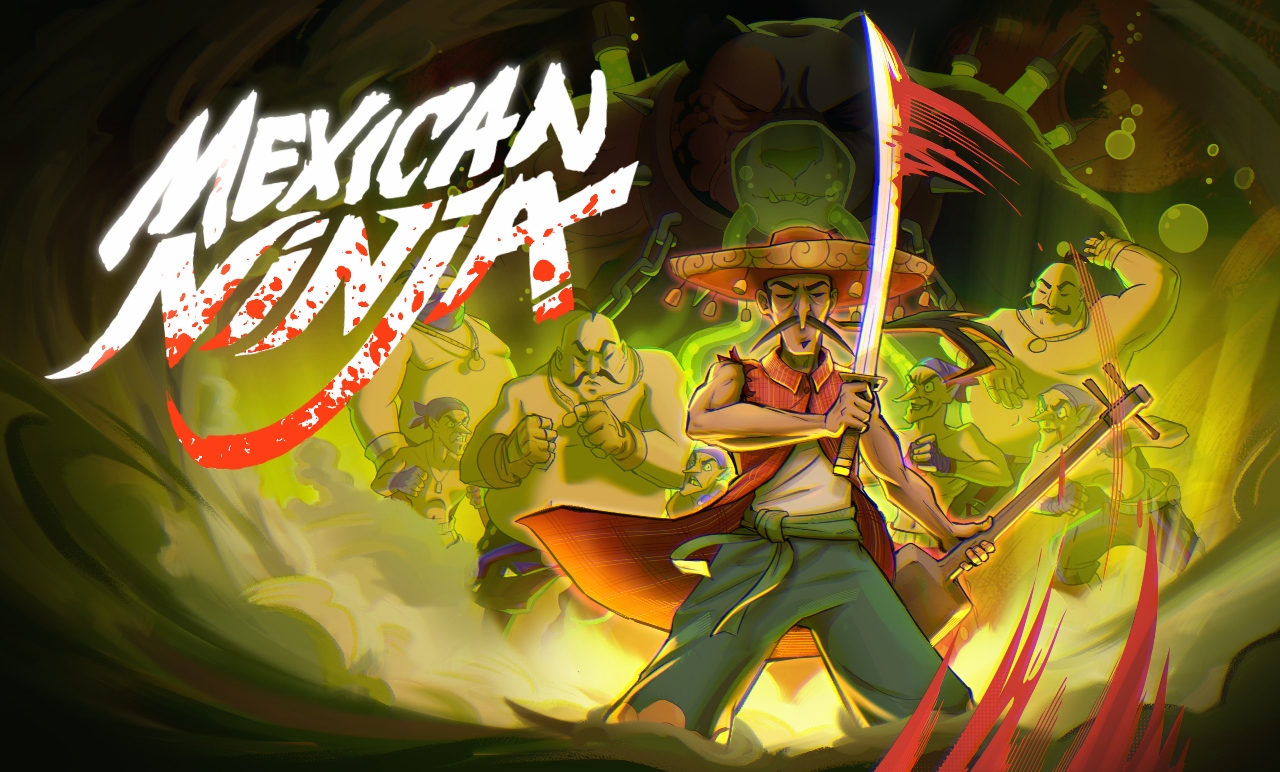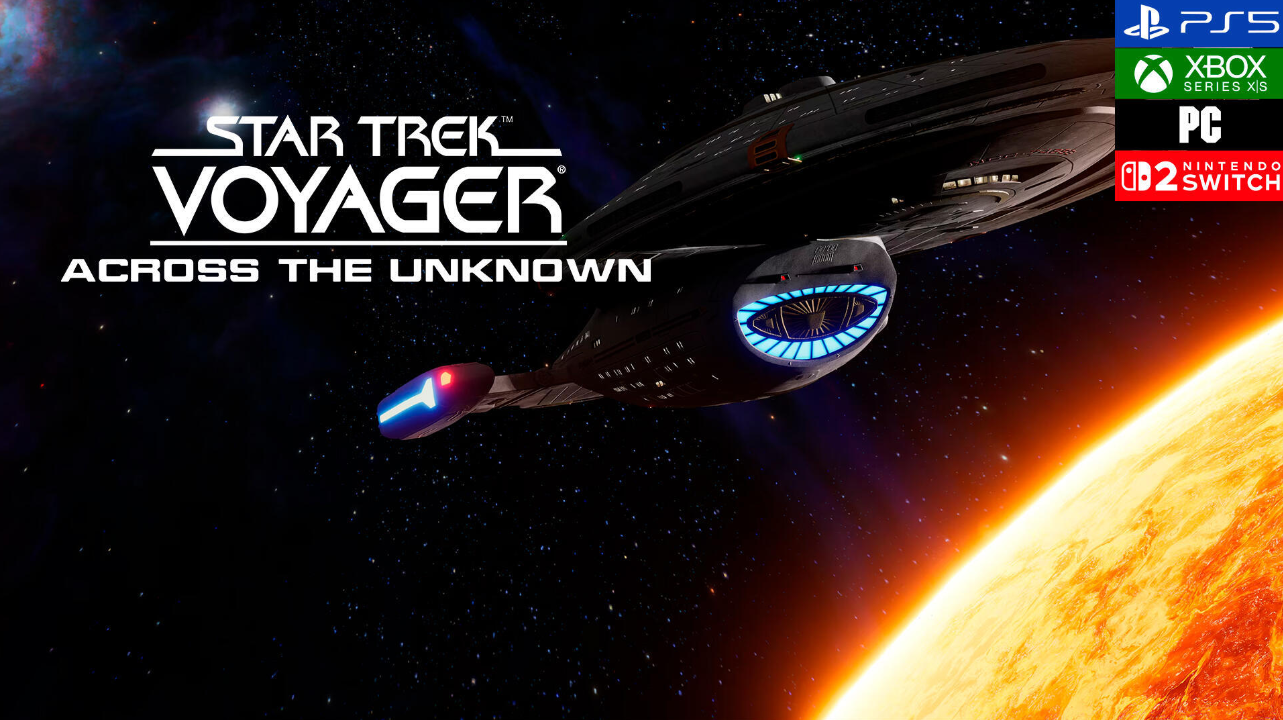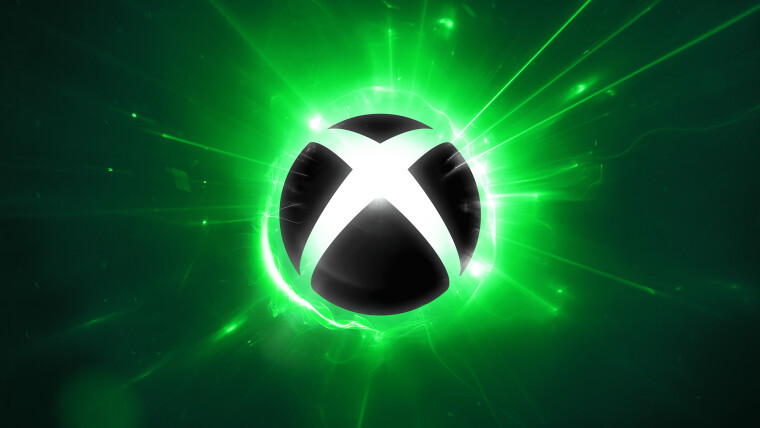Season Passes have long been a controversial element in the gaming industry as they represent a company’s commitment to add future content for a fee. Expansions are typically phased in over time with a clearly visible schedule, and all of these can also be purchased as separate items.
In response to concerns about transparency and accountability, Valve has updated its digital store policies to better regulate season passes. These updates specifically target practices that could harm customers, such as vague content promises or missed delivery timelines, ensuring developers provide clear details and adhere to their commitments. By addressing these issues, Valve aims to build trust between developers and players while preventing studios from overpromising or underdelivering.
Here’s what Valve outlined in their updated guidelines:
By offering a Season Pass, you are promising future content. In the process of launching a Season Pass you will be asked to commit to a launch timing for each content release in the Season Pass. That launch timing is a commitment to both customers and Steam.
If you aren’t ready to clearly communicate about the content included in each DLC AND when each DLC will be ready for launch, you shouldn’t offer a Season Pass on Steam.
The company also advises developers, saying, “If you’re considering offering a Season Pass for your game, it’s a good idea to think about whether there’s a customer benefit to buying the Season Pass. In exchange for buying the Season Pass upfront, a customer might benefit from a lower overall price on all the content, or extra content thrown in for free. Without a benefit, customers won’t have much incentive to purchase a Season Pass.”
To meet the updated requirements, any season pass for sale on Steam must adhere to the following information:
- A complete list of all DLC included in the Pass. (e.g. listing each of the four DLCs included in a Pass).
- A basic description of the content that’s included in each DLC. For example, the first content release might be “The Glitterlands Expansion – New area to explore, two new weapons, and new enemies.” It’s not required for the DLC to have a final name at the launch of the Season Pass. The information about the content in the DLC doesn’t need to be detailed (simply “new weapons” or “two new weapons” is acceptable, they don’t have to list the exact weapons).
- Expected release date for each DLC. Quarter and Year (e.g. January to March 2025) or Season/Year is acceptable. Of course, a date that’s more precise is also fine (e.g. June, 2025 or June 1st, 2025).
Valve has also introduced robust measures to address delays or cancellations of DLC content. If a release date is postponed, developers are allowed to reschedule the release once, with a maximum delay of three months. Beyond this, Valve’s direct approval is required for further extensions. If a DLC is ultimately cancelled, customers will receive refunds for the value of the undelivered content.
In cases where a season pass is delayed by more than a year, Valve may take decisive actions, such as issuing full refunds to customers and removing the season pass from sale on Steam. These steps aim to protect customers’ investments and ensure that developers adhere to their commitments.







